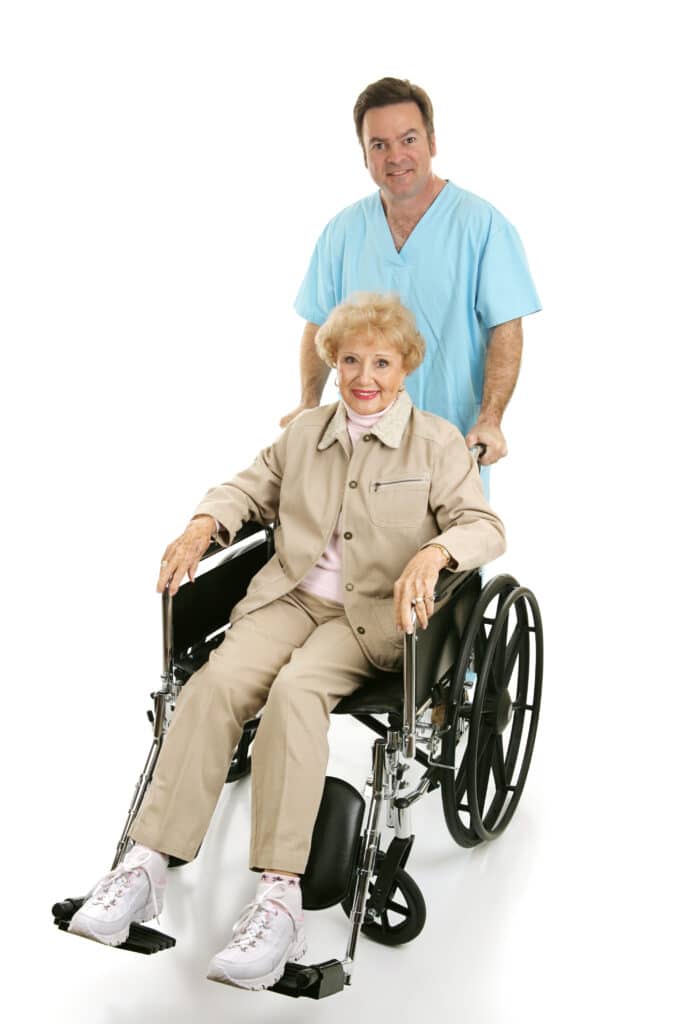What is Lou Gehrig’s disease?
ALS, or amyotrophic lateral sclerosis, is a progressive neurodegenerative disease that affects nerve cells in the brain and the spinal cord. Derived from the Greek language, amyotrophic when translated basically refers to “No muscle nourishment”. Without nourishment, muscles are known to atrophy or waste away. “Lateral” refers to parts of the spinal cord where portions of the nerve cells that communicate with and operate muscles are located. As the condition progresses, this area suffers deterioration and scarring (“sclerosis”).
Am I at risk for ALS?
There are established risks for Lou Gehrig’s disease or ALS. They include
- Genetics- Between five and 10 percent of those with ALS inherited the condition from their parents (familial ALS). Most individuals with familial ALS have a 50 percent chance of their children developing the condition.
- Age- ALS is most seen in individuals between the ages of 40 and 60 years old.
- Gender- Individuals under the age of 65 are more often male than female. After the age of 70, we see no difference in the numbers of those with the condition.
- Environmental factors that affect the risk of ALS include
- Smoking- Cigarette use can nearly double an individual’s risk of ALS. The more years with cigarette use the higher the risk. Quitting smoking has been shown to lower the risk of Lou Gehrig’s disease.
- Lead exposure- Studies have seen a correlation between exposure to lead and the development of ALS.
How can I protect myself from ALS?
Genetic disposition aside, ALS is largely considered a preventable disease. Stress management in our daily lives can go a long way to maintaining overall nerve health. Making daily efforts to not harbor stress internally can result in positive benefits seen throughout the body. The practice of working through issues instead of internalizing them and resolving conflicts in a healthy manner are effective strategies to keep away the disease.
Overworking the body and caffeine abuse are also linked to ALS. Being a workaholic refers off the bat to an imbalance in one’s life. Escapism through work can do more harm for your body and your nervous system than addressing what you’re fleeing from. Overmedicating with stimulants like energy drinks and coffee can compound matters worse when your body is telling you it needs time to recharge. Make rest a priority and seek to maintain balance in your work life and your personal life.
The foods we consume play a large factor in how our body runs and feels. High volumes of processed food, meats with unnatural additives, artificial flavorings, and colors, factory-farmed goods, and produce exposed to toxic pesticides are not the recipe for health. Sodas and other chemically rich beverages should always be kept to a minimum. ALS prevention can begin with a healthy diet, fresher foods, and organic options when available. Overall wellness should be the goal and developing good habits earlier than later and will go a long way to preventing Lou Gehrig’s disease.
A-1 Home Care understands that ALS can really interfere with many areas of daily living and make once normal everyday tasks into stressors. From getting up and out of chairs, walking, dressing, bathing, and cooking, nerve damage can begin to wreak havoc. We are proud to offer compassionate and experienced home care services on a 24 Hour Live-in basis or Hourly Care option. We deliver companionship and peace of mind as well as emotional support. A personalized care plan will be developed to make sure the needs of your loved one are met. Whether you are looking for short-term solutions or long-term care, A-1 Home Care is the home care provider of choice for all of Los Angeles and Orange County. Contact us today at (310) 657-8780 or (562) 929-8400 for a free quote.






